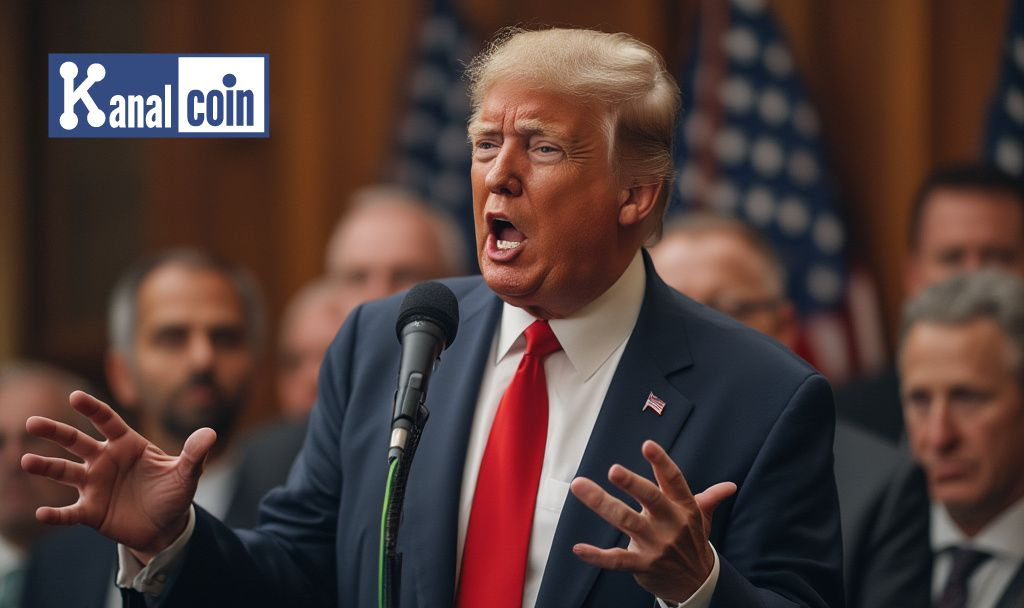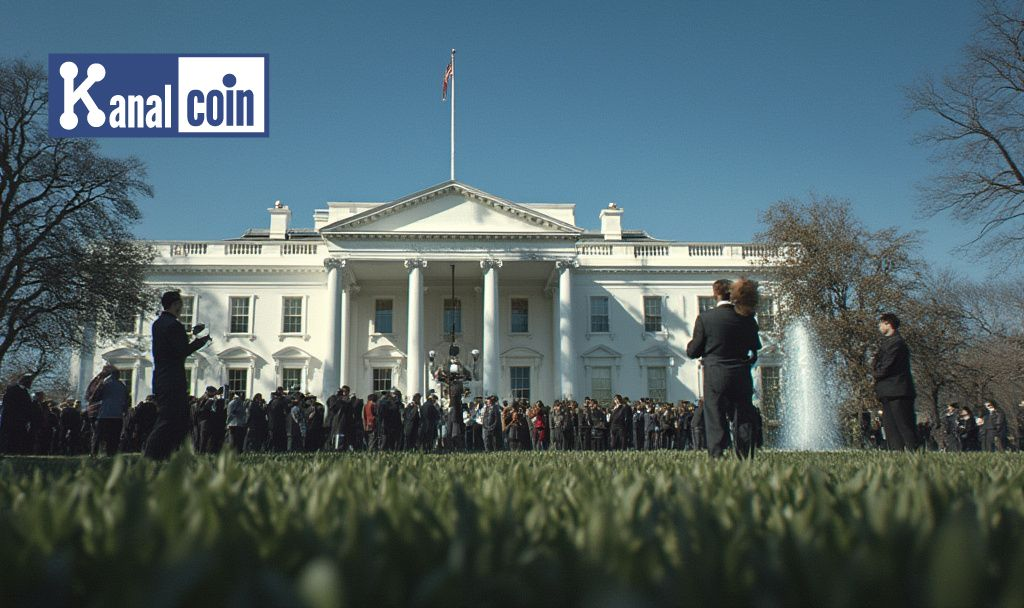
South Korea’s central bank has announced its commitment to actively participate in the legislative process for stablecoin regulation, indicating its intent to shape future frameworks in digital currencies within the nation.
This initiative may influence the direction of digital currency regulation, impacting market trends and investor confidence as South Korea positions itself in the global financial landscape.
South Korean Bank Steps Up on Stablecoin Oversight
The South Korean central bank’s decision marks a significant step in the evolving landscape of digital currency oversight. Stablecoin regulation is vital to maintain financial stability and protect consumers in the growing crypto market.
This move follows growing concerns over cryptocurrency volatility and the potential risks associated with unregulated digital assets. The central bank aims to formulate guidelines that ensure the responsible use of stablecoins.
Bank’s Move Sparks Mixed Reactions in Crypto Circles
The banking sector and crypto community have shown varied responses to the announcement. Many view the move as a necessary measure for systemic stability, while others warn of potential overregulation stifling innovation. Bank of Korea, Central Bank of South Korea, said, “Unlike general virtual assets, stablecoins inherently possess characteristics of a payment measure. If their usage expands, they could … undermine the effectiveness of monetary policies.”
Experts highlight the potential for regulatory frameworks to enhance trust, paving the way for broader adoption of digital currencies. Market analysts predict increased collaboration between governments and crypto firms as legislation evolves.
Lessons from EU’s MiCA Reflect on Korea’s Approach
The central bank’s engagement recalls similar regulatory efforts globally, such as the EU’s MiCA framework. Such initiatives foster a secure environment for investors and foster confidence in digital financial systems.
Kanalcoin experts suggest that regulatory clarity will enhance market stability and encourage institutional participation. Historical trends indicate that well-defined regulations lead to increased investment and innovation in the crypto space.










